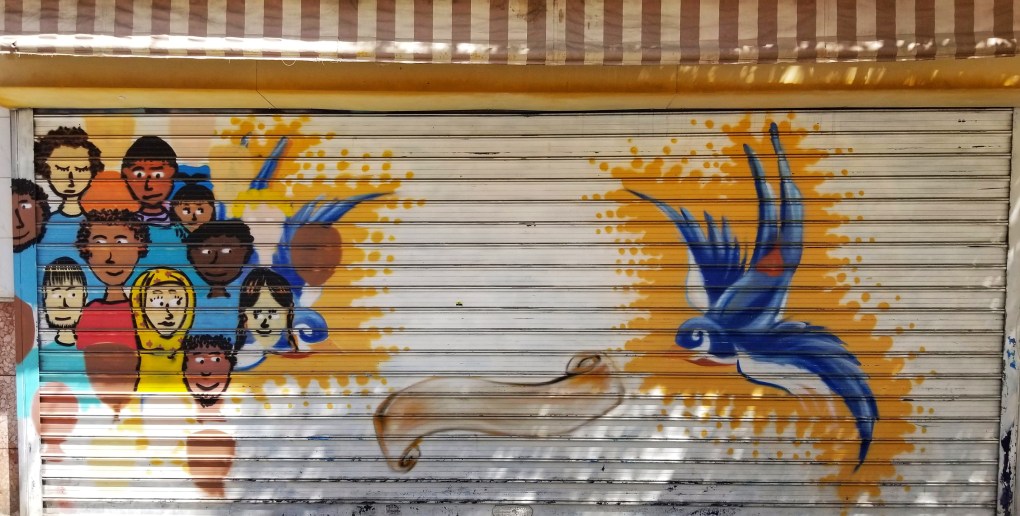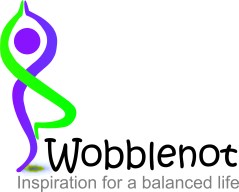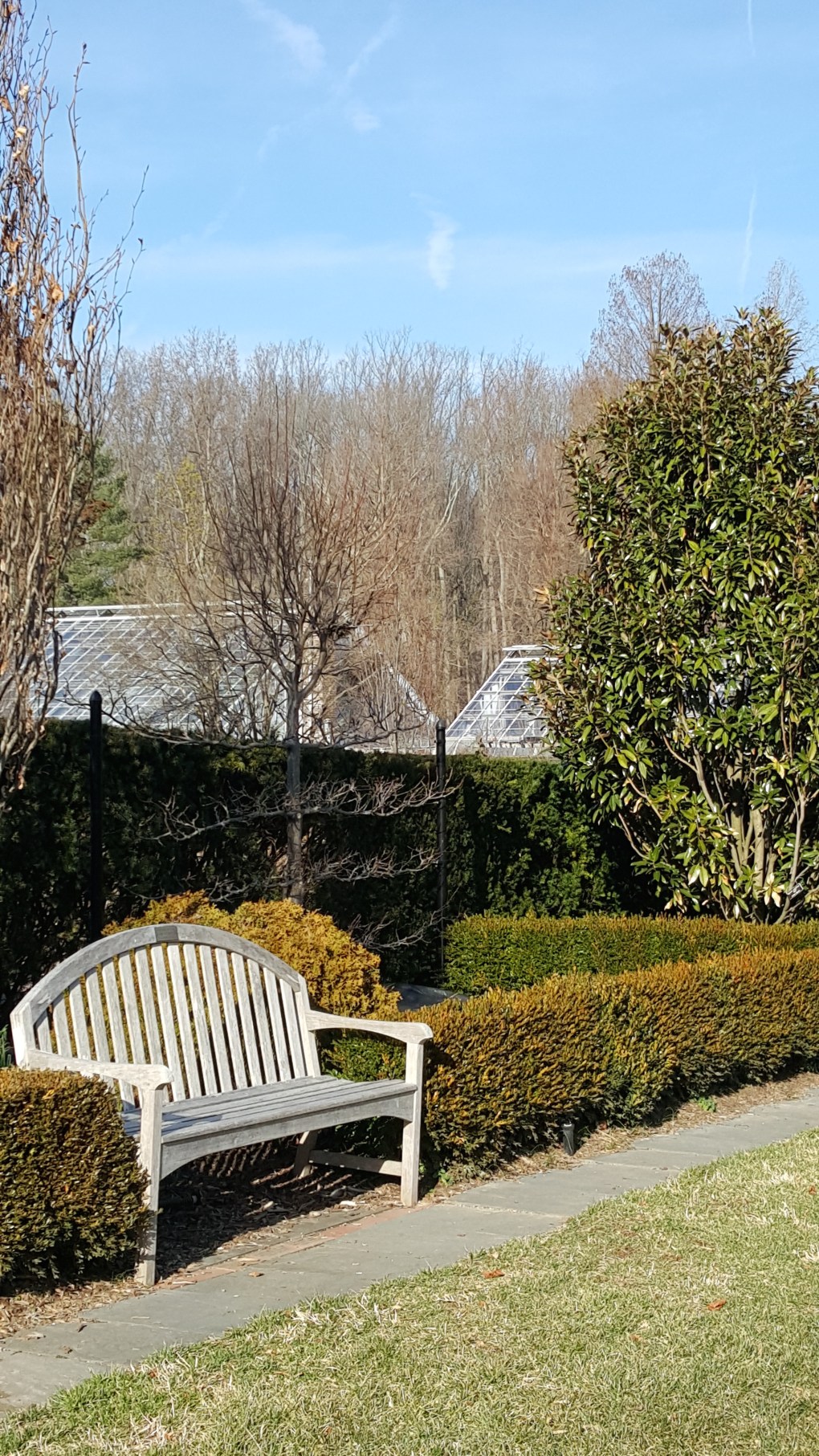His whispering caught me off guard. The Whisperer was tall, with shaved head and face, white, late 40s to 50-ish. We were both in a week-long leadership training course and I was trying to pay attention to the instructor. “The new African-American Museum is important. I should see it,” he tells me, in a golf announcer’s whisper. “Except,” he added, “I have to catch a flight home.” He chose to talk about race to me, the only Black person in the class, at a moment when I could not engage with him straight-on. I glanced at him, gave a little shrug, and focused on the instructor.
The Whisperer had more. “My grandfather came to this country in 1910. He was Irish, and when he got here he was told …” — I turned to him and finished his sentence — “… Irish need not apply.” (Yeah, yeah, yeah….) Undeterred by irony, The Whisperer continued, “My grandfather knew that as hard as it was for him to find work, he could still get jobs Blacks couldn’t get.” I’d already pivoted toward the instructor at that point, trying to follow him.

But, The Whisperer wasn’t finished. He said, “My father was better about Blacks than my grandfather was. I hope I’m better than my father was. And I hope my kids will be better than me.” For the second time since his whispering began, I turned to him and whispered, “So, my family was here 150 years before yours and we still have to wait for the 4th generation of your Irish-American family to do “better about Blacks”? (I’ve been told I have a very “verbal face,” and it probably expressed incredulity.) When the instructor stopped for a break, The Whisperer quick-stepped out the room.
Oh, if that were only the end of it.
After the next break he stood next to me and said, with genuine puzzlement, that he didn’t know what “White Privilege” means. He used his hands to scan his long body down to his pockets where he opened them in a gesture showing emptiness — like, where is the White Privilege? In his mind, privilege is about personal wealth. He didn’t realize he’d illustrated White Privilege in his whispered tale about his family patriarch. So I told him.
Sigh ….

Let me know your thoughts.



